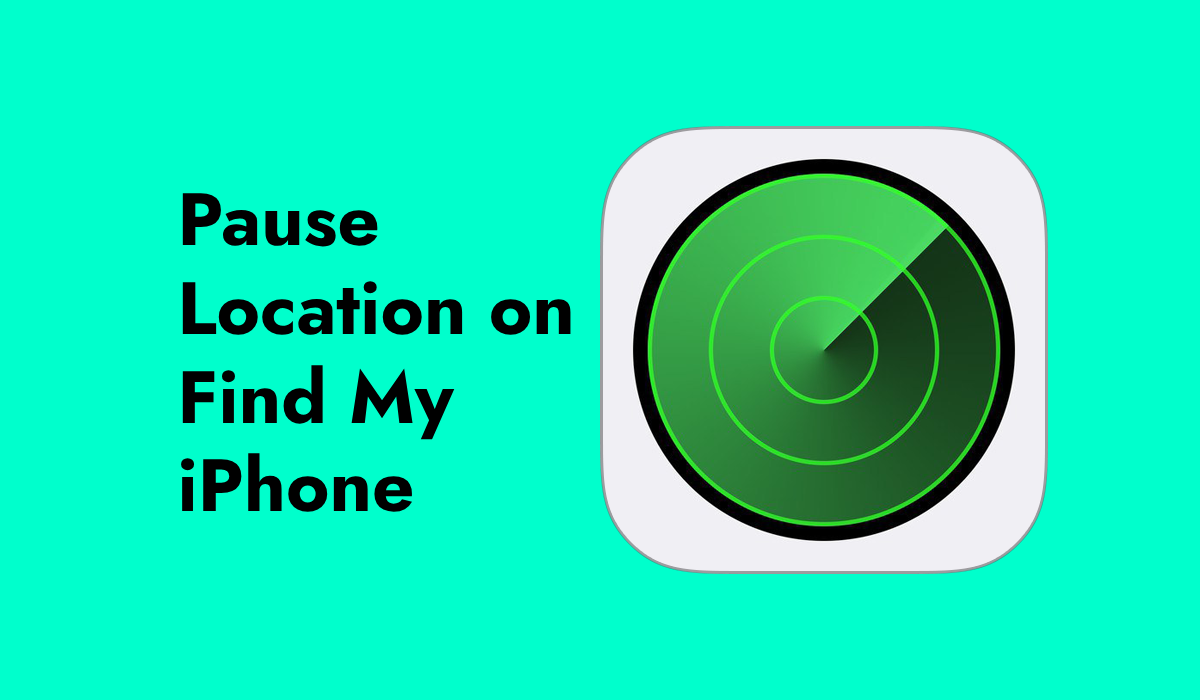Gain insight into petulant borderline personality disorder, including what it is, how it affects people, and ways to support someone dealing with it.
When it comes to navigating the complex world of mental health, understanding specific conditions can be a key step in fostering empathy, offering support, and seeking effective treatments. One such condition, Petulant Borderline Personality Disorder (BPD), is a subtype of borderline personality disorder that presents unique challenges and symptoms. This article aims to shed light on Petulant Borderline Personality Disorder, providing insights into its characteristics, how it affects individuals, and the available treatment options.
What is Petulant Borderline Personality Disorder?
Petulant Borderline Personality Disorder is a form of Borderline Personality Disorder characterized by mood swings, irritability, and unpredictable behavior. It’s one of the four subtypes of BPD, alongside Discouraged, Impulsive, and Self-Destructive BPD. People with Petulant BPD often experience intense emotions and have difficulty controlling their anger and frustration. They may feel easily slighted or insulted and can respond to these feelings with sudden outbursts of anger or resentment.
Symptoms of Petulant Borderline Personality Disorder
Understanding the symptoms of Petulant Borderline Personality Disorder is crucial for recognizing it in oneself or others. Some of the most common signs include:
- Quick to Anger: Individuals with Petulant BPD can become angry quickly, often over seemingly minor issues. Their anger can be intense and difficult to calm.
- Fear of Abandonment: Like other forms of BPD, those with Petulant BPD deeply fear being abandoned or rejected. This fear can lead to clingy or needy behavior, as well as rapid changes in mood.
- Mood Swings: People with this condition experience severe mood swings, shifting from intense happiness to deep sadness or anger in a short period.
- Difficulty with Relationships: The symptoms of Petulant BPD can make maintaining stable relationships challenging. Individuals may swing between idealizing and devaluing others, leading to rocky or tumultuous interactions.
- Impulsivity: Engaging in impulsive actions without considering the consequences is another hallmark of Petulant BPD. This might include spending sprees, reckless driving, or binge eating.
Causes of Petulant Borderline Personality Disorder
The exact causes of Petulant Borderline Personality Disorder are not fully understood, but they are believed to be a combination of genetic, environmental, and neurological factors. A family history of BPD or other personality disorders can increase the risk, as can experiences of trauma, abuse, or neglect in childhood. Neurological differences in how the brain manages emotions and impulses may also play a role.
Treatment Options
Thankfully, there are effective treatments available for those living with Petulant Borderline Personality Disorder. Treatment usually involves a combination of therapy, medication, and support:
- Therapy: Dialectical Behavior Therapy (DBT) is a type of cognitive-behavioral therapy specifically designed for individuals with Borderline Personality Disorder. It focuses on teaching coping strategies for managing emotions, improving relationships, and reducing impulsive behaviors. Other forms of therapy, such as Cognitive Behavioral Therapy (CBT), can also be beneficial.
- Medication: While there is no medication specifically for Petulant BPD, certain medications can help manage symptoms such as mood swings, depression, and anxiety.
- Support Groups: Joining a support group can provide individuals with Petulant BPD a sense of community and understanding. Sharing experiences and coping strategies with others who face similar challenges can be incredibly validating and helpful.
Living with Petulant Borderline Personality Disorder
Living with Petulant Borderline Personality Disorder can be challenging, but with the right treatment and support, individuals can lead fulfilling lives. It’s important for those affected to seek professional help and to remember that progress takes time and patience. Building a strong support network of friends, family, and healthcare providers can make a significant difference in managing the condition.
Conclusion
Petulant Borderline Personality Disorder is a complex condition that affects individuals in profound ways. By understanding its symptoms, causes, and treatment options, we can better support those living with the disorder and contribute to breaking down the stigma associated with mental health issues. If you or someone you know may be struggling with Petulant BPD, reaching out for professional help is a crucial first step towards healing and recovery. Remember, you are not alone, and with the right approach, improvement and stability are possible.






